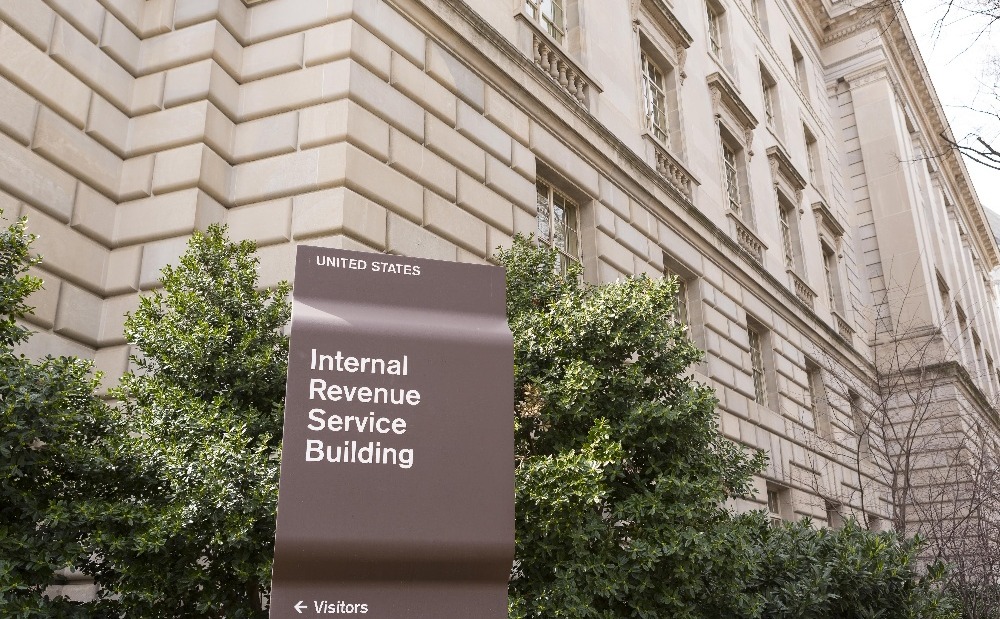Democrats have offered one bill to create a federal paid leave program and another to shorten the standard workweek to 32 hours.
The bicameral paid leave bill would require employers to provide up to two weeks of paid leave, which employees could use for any reason. Introduced in the House by Rep. Seth Magaziner (D-RI), the Protected Time Off Act would allow employees to use up to 80 hours/year of paid leave, set at their rate of pay, for any reason they choose, including sick, vacation, safe or new child time.
The proposed federal paid leave benefits would be in addition to any other paid leave an employer offers. The paid leave could be earned at the rate of one hour for every 25 hours worked, with the earning of paid time off starting on the 60th calendar day after the first day of employment. Employers would be permitted to require employees to provide notice of an intent to take time off so long as that notice requirement does not exceed two weeks.
In the Senate, companion legislation titled “Guaranteed Paid Vacation Act” was introduced by Sen. Bernie Sanders (I-VT).
Legislation now pending in both the House and Senate would shorten the current 40-hour work week to 32 hours. The rule would be phased in over three years. Sen. Bernie Sanders (I-VT) introduced the Thirty-Two Hour Work Week Act on March 14. A similar bill, HR 1332, was introduced in the House last year by Rep. Mark Takana (D-CA).
The Thirty-Two Hour Workweek Act would amend the Fair Labor Standards Act to shorten the full-time work week to four days without a decrease in pay over the level paid for a 40-hour five-day work week. That means that overtime pay would be required for hours worked beyond the 32 hours standard in the bill.
Prospects: There is almost no chance that either of these bills will pass either the House or the Senate this year. But the paid leave bill could come into play next year, depending on the outcome of the November elections. President Biden is calling for a federal paid leave program, and the idea is popular among Congressional Democrats. The shorter workweek bill has no real chance, at this point, for the foreseeable future.
NAIFA Staff Contacts: Diane Boyle – Senior Vice President, Government Relations, at dboyle@naifa.org; or Jayne Fitzgerald – Director – Government Relations, at jfitzgerald@naifa.org.





.png?width=600&height=90&name=Support%20IFAPAC%20%20(600%20%C3%97%2090%20px).png)
